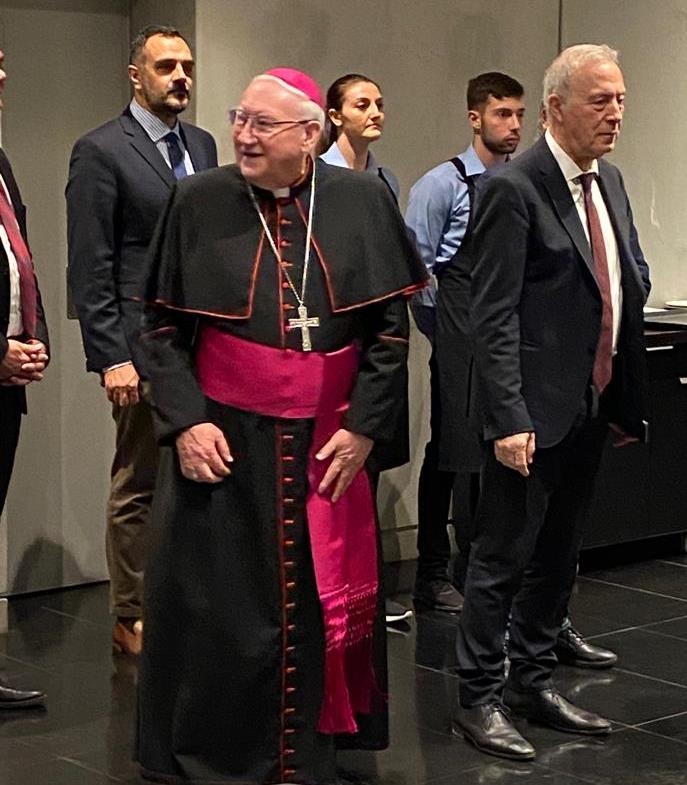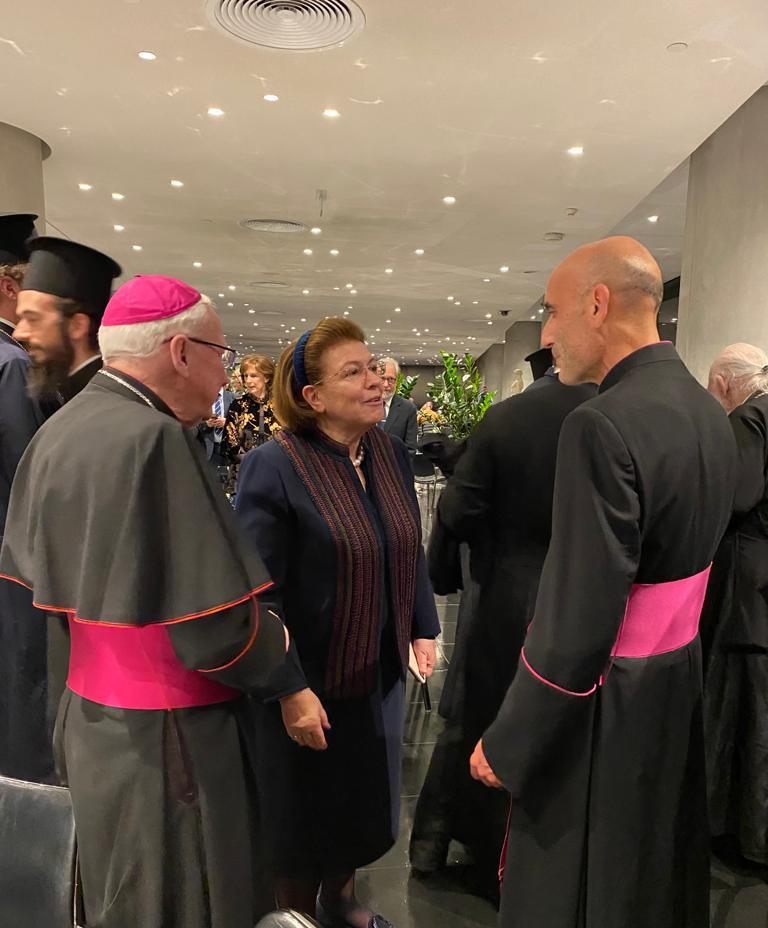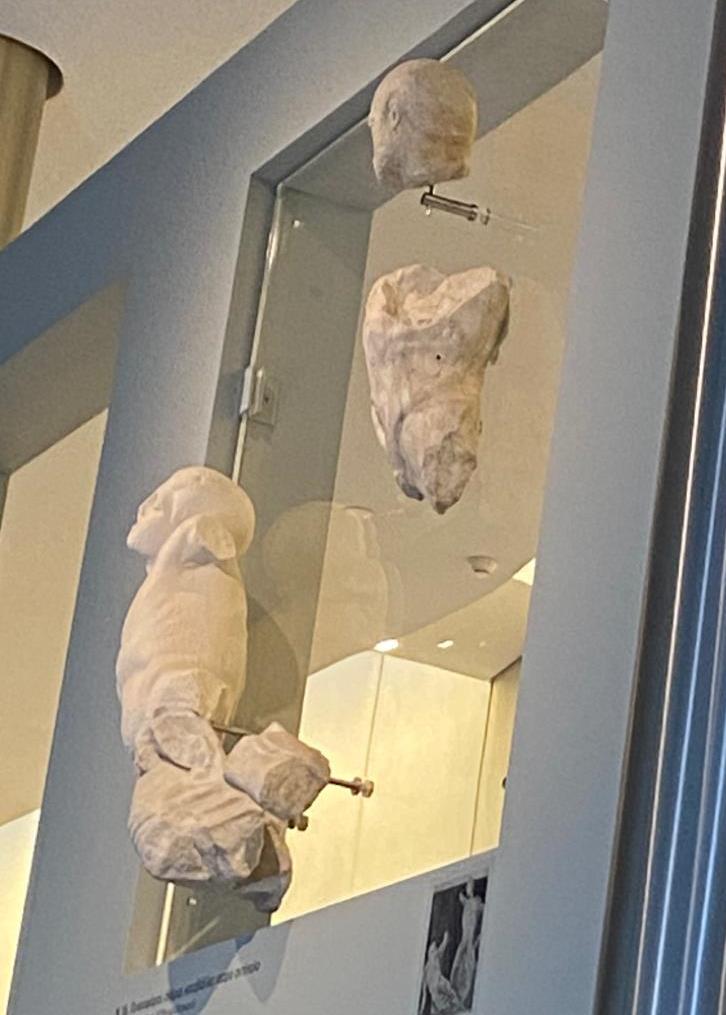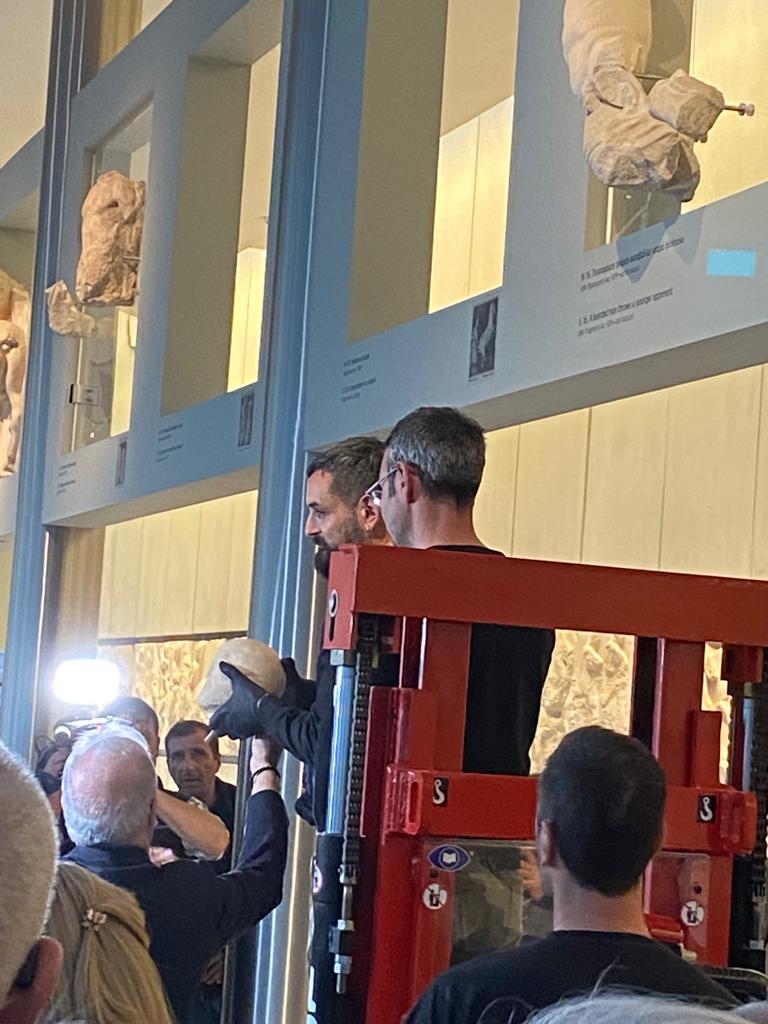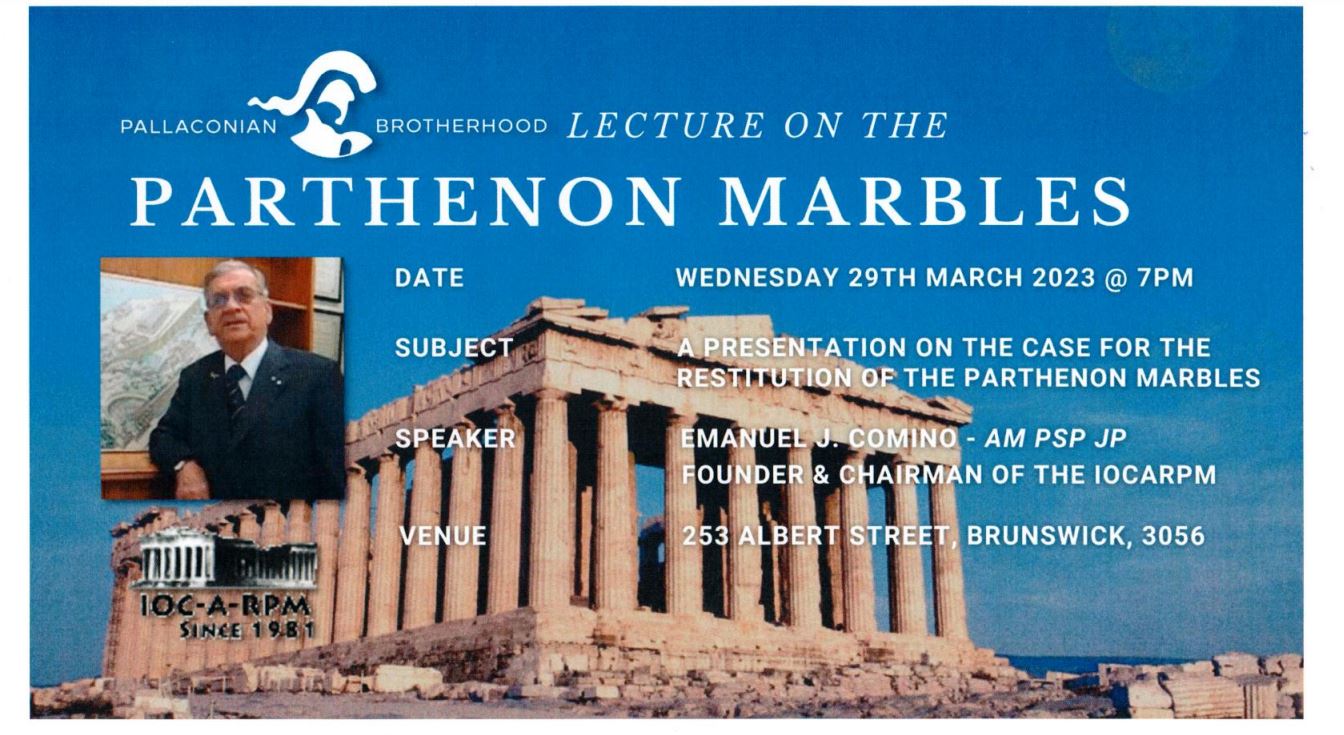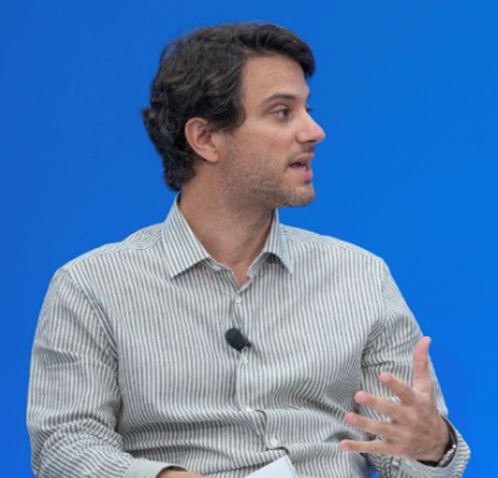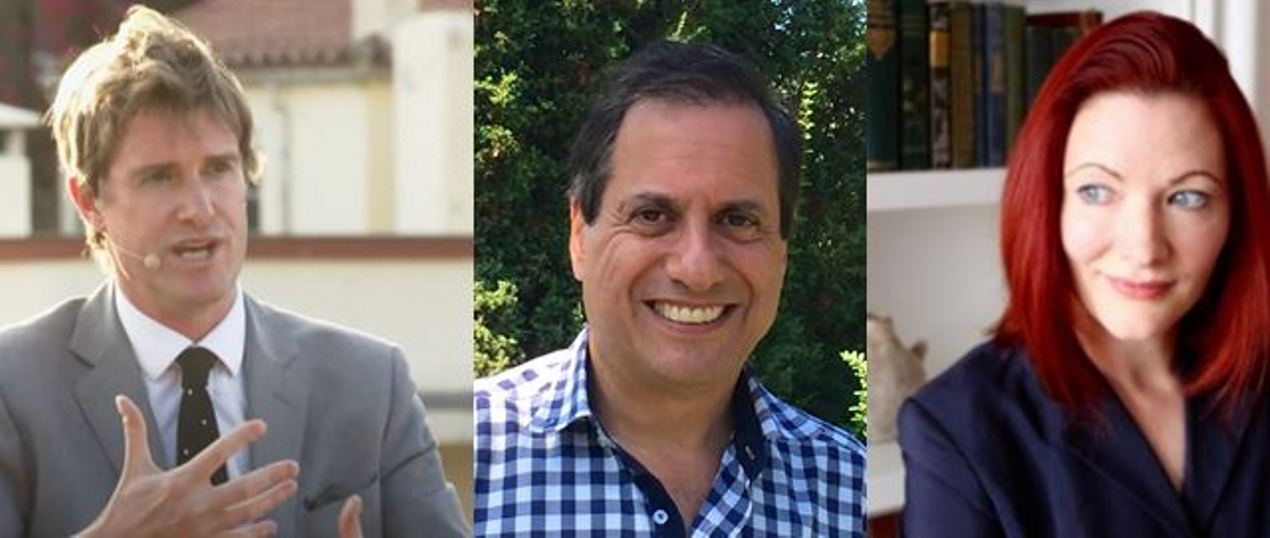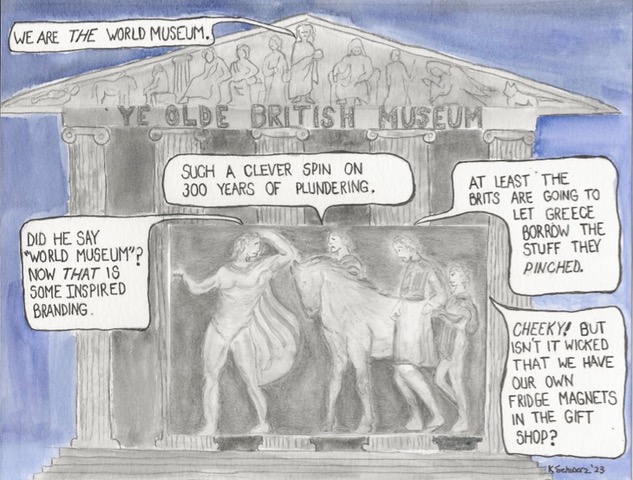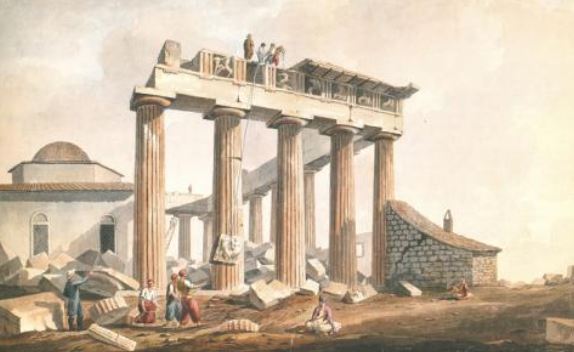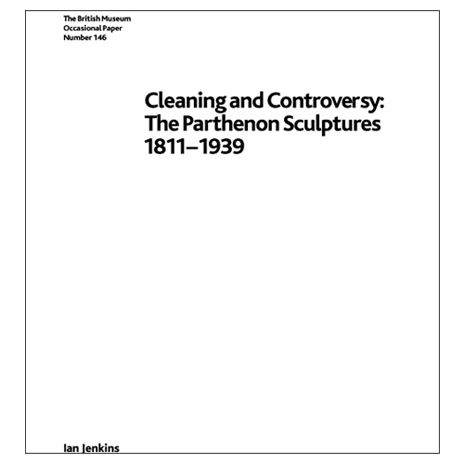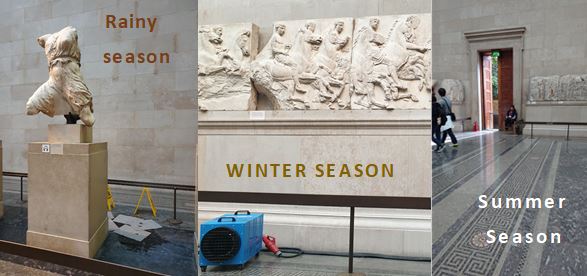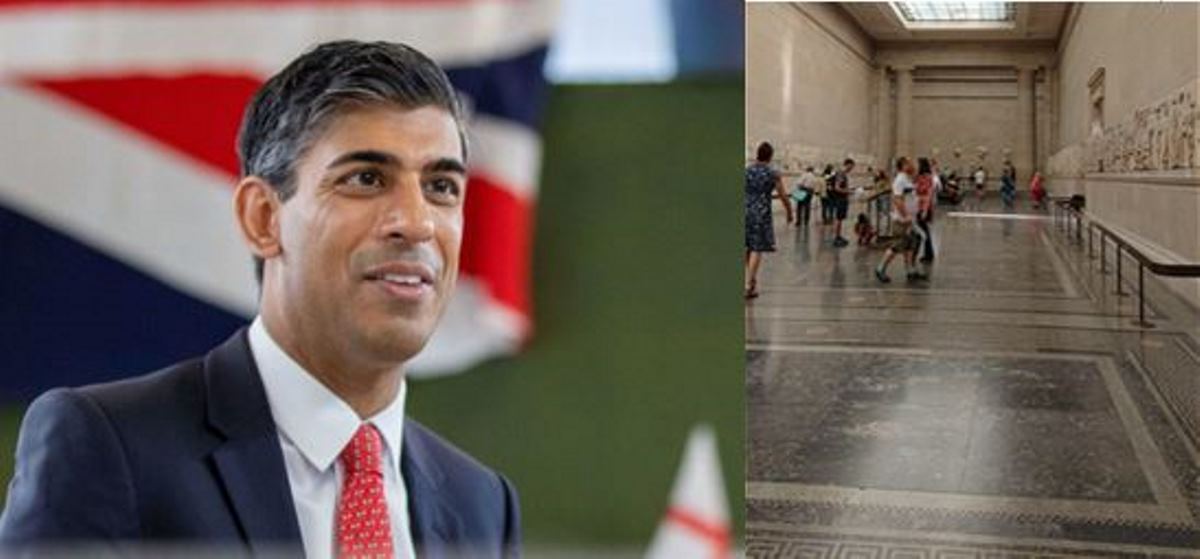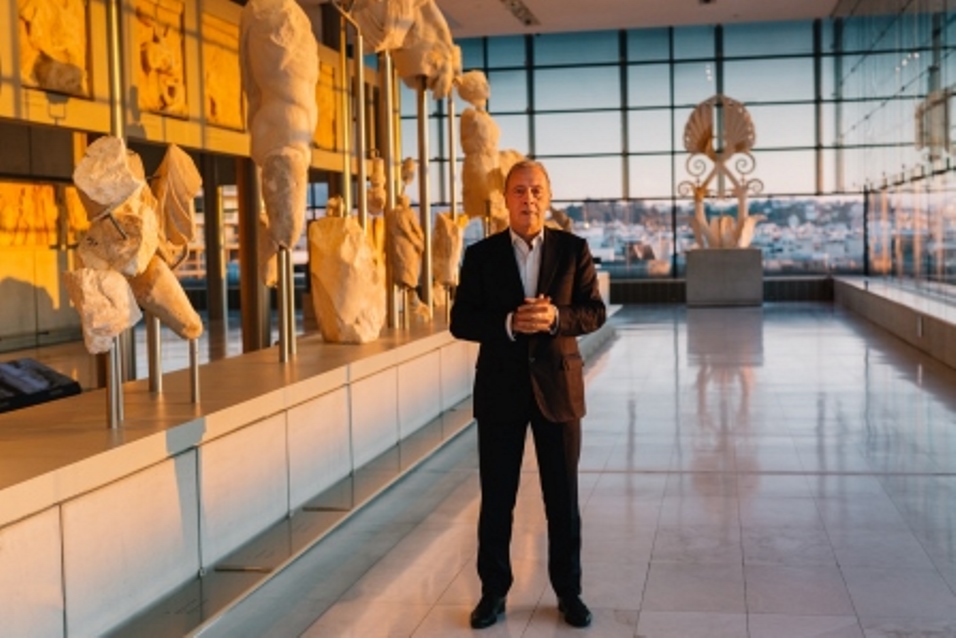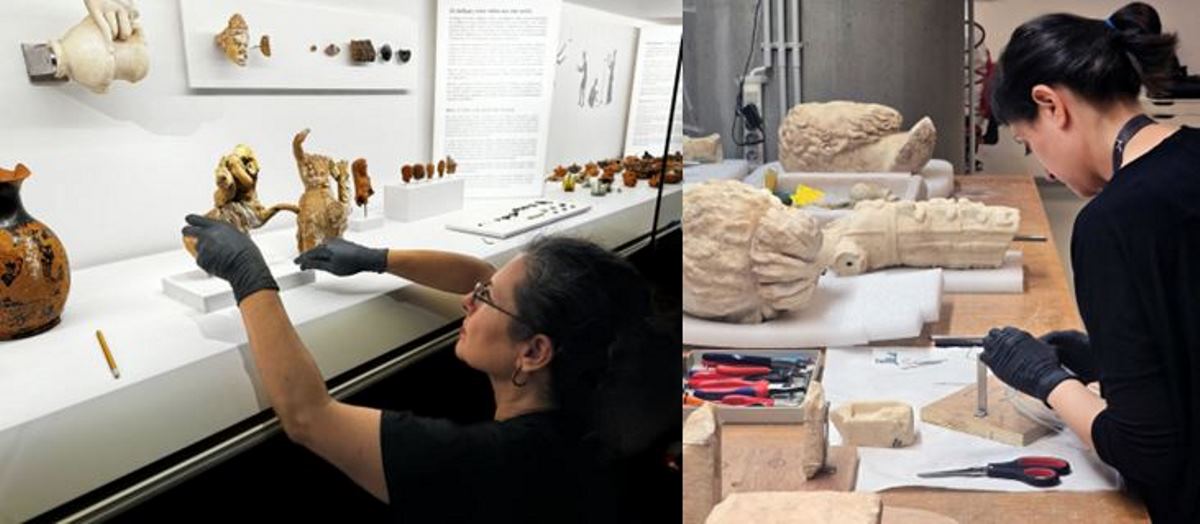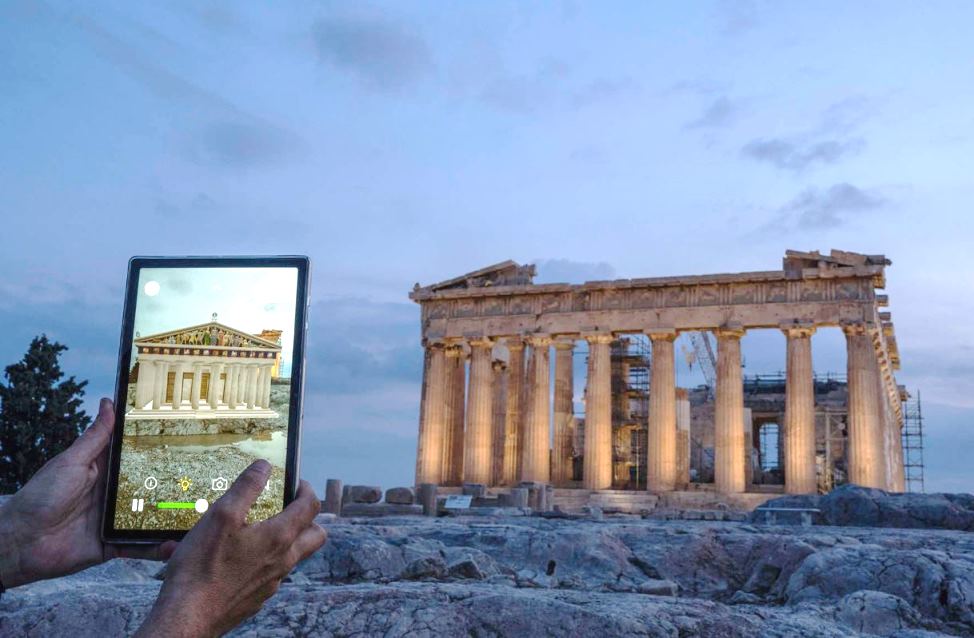On the 24th of March, the Acropolis Museum welcomed three fragments of the metopes, frieze and pediments of the Parthenon, returned by the Vatican Museums. This reunification ceremony took place thanks to the will and substantial work of all those involved, both by the Holy See and the Vatican Museums, and by Greece with the Ministry of Culture and the Acropolis Museum.
The fragments include the head of a man belonging to stone V of the northern frieze of the Parthenon, the head of a bearded man attributed to the southern metope 16 of the Centauromachy and, finally, the head of a horse attributed to a pediment of the Parthenon.
This is the second, unconditional reunification of parts of the Parthenon's architectural sculptures. The reunification path was paved last year by the Government of the Region of Sicily with the return of the "Fagan" fragment, and today carried out by the Holy See with the return of the three fragments from the Vatican Museums. Greece and the globe are now looking to Britain to follow. The majority of the British people support the reunification of the Parthenon sculptures, demonstrating Britain's leading role in matters of morality and culture.
The reunification of the fragments took place in the Parthenon Gallery of the Acropolis Museum, in the presence of Archbishop Ieronymos II of Athens and All Greece, the Secretary of the Pontifical Council of Bishops. Brian Farrell, the President of the Hellenic Parliament Mr. Konstantinos Tassoulas, the Minister of Culture and Sports Mrs. Lina Mendoni, the Secretary of the Pontifical Council Andrea Palmieri, Secretary General of Culture Mr. George Didaskalou, Prof. Barbara Jatta, Director of the Vatican Museums and Director General of the Acropolis Museum, Professor Nikolaos Stampolidis. The event was attended by the President and the members of the Board of Directors of the Acropolis Museum and representatives of the Holy Synod of the Church of Greece and the Ecumenical Patriarchate.
